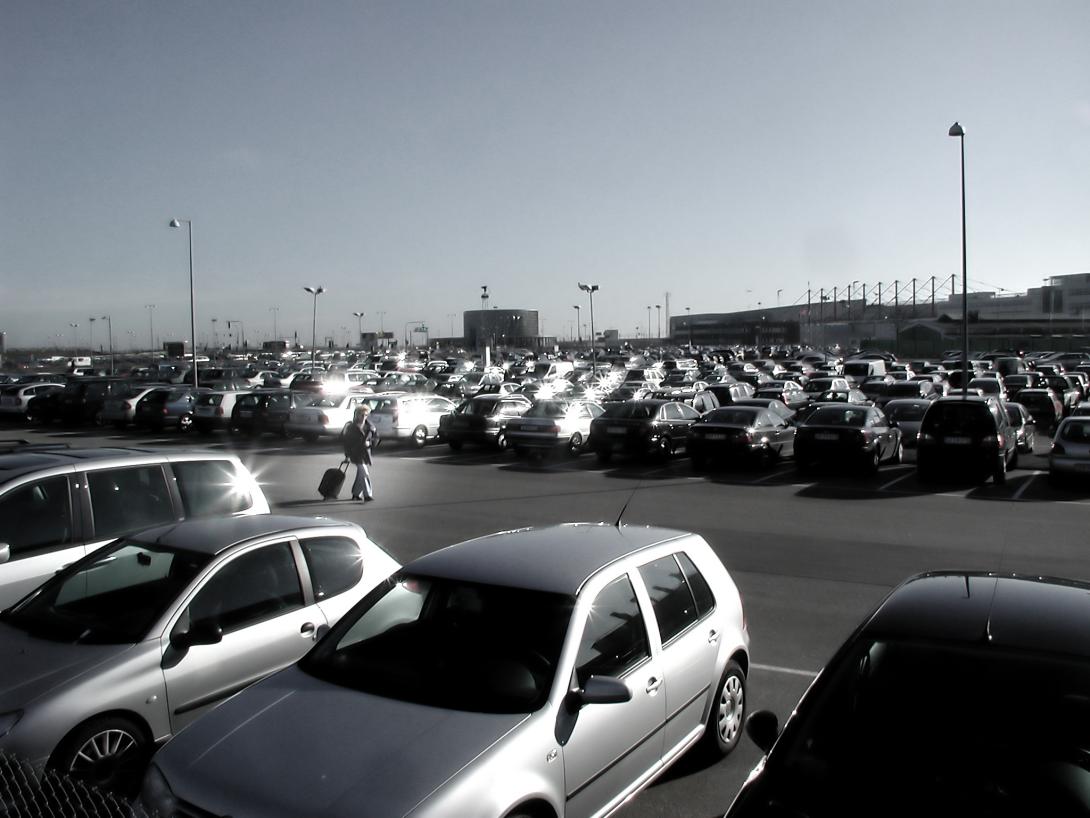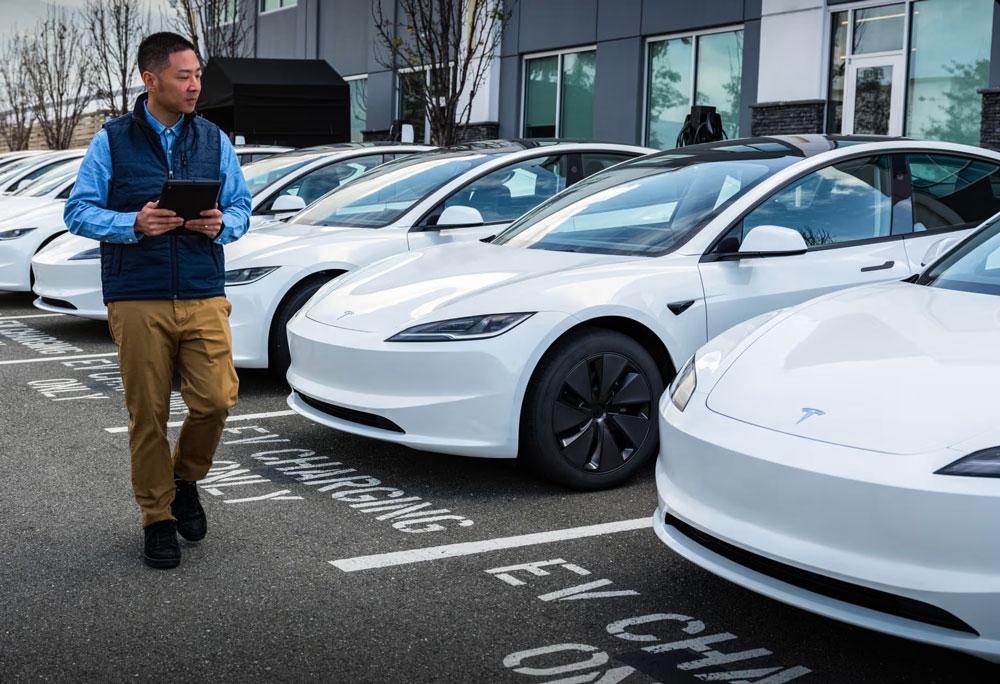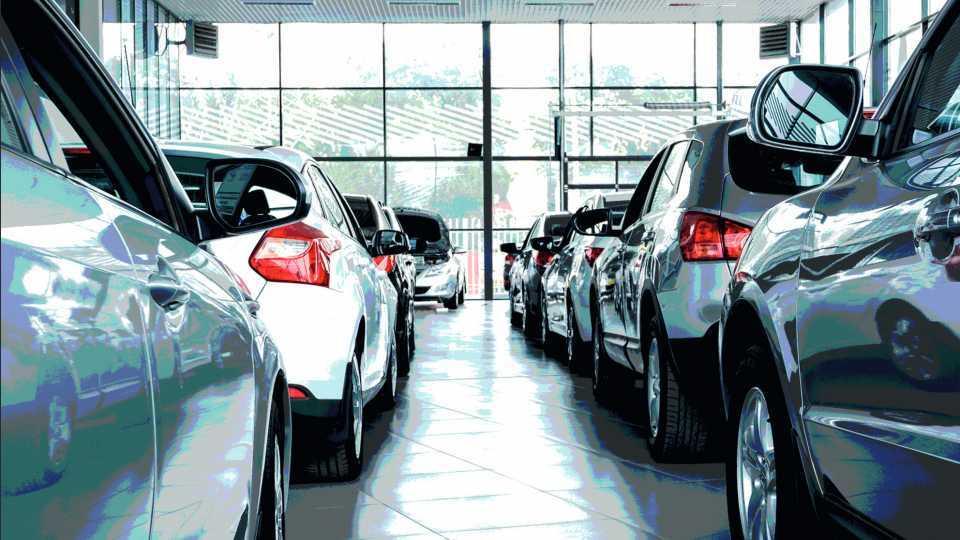Has there ever been a more persuasive argument for leasing or long‑term rental than now, given the economic uncertainty and the question mark over the future of diesel? We ask our panelists for their views
The fleet industry is in a state of change. The question mark over the future of diesel, the push towards zero and ultra-low emission vehicles, tax changes, clean air zones, Brexit, new mobility trends and big data could all effect the way that fleets operate in the future.
This poses a challenge to fleets, with many uncertain about what vehicles to purchase now and how they’ll fit in the future fleet landscape.
With this in mind, the argument for leasing or long term rental of vehicles has become more compelling.
“In today’s uncertain economic climate, the possibility to have fixed cost motoring for three to four years and avoid the risk of owning a vehicle that may be subject to future environmental or technological scrutiny makes leasing all the more appealing,” comments Rob Mills from Daimler Fleet Management.
Mark Gallagher from Grosvenor Leasing says that the cost of running a vehicle is very likely to go up for various reasons, including to potential increases to vehicle pricing as import costs rise post-Brexit, reductions in manufacturer discounts and rebates as they’re likely to channel their support into EU members, rising interest rates, unstable residual values and increases in the price of imported parts. “These all points towards leasing rates going up in the coming year, and vehicle ownership becoming riskier than ever,” Mark says.
There is a lot for fleet decision-makers to digest, and this could be a particular problem if fleet is only part of their job, believes Chris Chandler from Lex Autolease. He says: “This is where working with a leasing partner delivers real value, because we bring a depth of knowledge around vehicle technology, the tax and regulatory environment, alongside insight into how these changes affect fleet decisions. We can provide flexibility with contracts to make sure the impacts of these changes are modelled out over the contract-cycle of the fleet, providing more certainty over costs and ensuring the vehicle policy is future-fit.”
Alternative fuels
The government is investing significantly into improving the charging infrastructure for electric vehicles. The proposed Automated and Electric Vehicles Bill aims to increase the amount of charge points for electric cars, as well as making them easier to use. The Bill will also give the government powers to make it compulsory for charge points to be installed across the country.
Indeed, sales figures show that people are coming round to the idea of an electric or hybrid vehicle. At the start of the year, Go Ultra Low reported that electric and plug-in hybrid vehicles achieved record-breaking levels of popularity in 2017. Registrations increased by more than 27 per cent on the previous year.
Hydrogen too has had a funding boost, with £20 million being invested to make it cheaper to make and more competitive to buy, while biofuels has had the Renewable Transport Fuel Obligation (RTFO) target doubled.
Rob Mills from Daimler believes that the reservations surrounding alternative fuels are slowly changing as the technology and infrastructure continue to improve. He says: “Electric vehicles are constantly improving and with each technological enhancement they are increasing their range capabilities and reducing their charge times. Electric vehicles are now regularly able to travel 250 miles on a single charge which is far in excess of what the average company car driver drives in a typical day which makes them much more accessible for a greater number of people.
“Quite often we find that customers aren’t in receipt of all of the facts and as such cannot make a fully informed business decision, or conversely become overwhelmed by speculation and hearsay rather than the facts.”
Mark Gallagher from Grosvenor says that while drivers are asking more about alternative fuel vehicles than ever before, they are not necessarily choosing them, perhaps due to nervousness about the unknown. He says: “It’s true that reservations regarding alternative fuels are changing, but drivers remain concerned regarding the distances they can cover in an electric vehicle and that’s causing some to choose a petrol or diesel, with many commenting that they expect this will be their last.”
Chris Chandler believes that educating drivers on the options of alternatively-fuelled vehicles, as well as how to get the most from EV or hybrids through driving style, is important. He says: “We have long supported greater adoption of alternative fuelled vehicles and own and manage the largest ultra‑low emission vehicle fleet in the UK. As a result, we have a depth of insight when it comes to usage and driver behaviour. We know that to get the most from alternative fuels, particularly plug-in hybrids, the correct driver behaviour is essential and vehicle leasing providers have a role to play in helping organisations educate on best practice. Better driver education, alongside increasing choice and improved charging infrastructure, will help to increase the rate of adoption.”
Fit for purpose
With all the negativity surrounding diesel, fleets could feel pressured to buy alternatively-fuelled vehicles. But ultimately, vehicles must be fit for purpose.
“It’s important not to make a blanket decision for your fleet on an ‘EV verses diesel’ scenario,” warns Rob Mills. “You should be evaluating your choices with a leasing partner based on your fleet objectives, your usage and your needs. The value of financial modelling software is vital in this process as the full costs are visible and accurate comparisons can be made.”
Mark Gallagher adds: “Most companies and drivers will make commercial and financial decisions, rather than green ones. As their contract hire and fleet management provider we need to be sensitive to that, but also help them move towards lowering their emissions at the same time.”
Mark continues: “We take a pragmatic approach by breaking their fleet down to see which groups of drivers would suit an alternative fuelled vehicle, knowing that its currently an option for some but not all.”
It is important to analyse fleet and vehicle usage to understand which vehicles could be switched to EV or AFVs, echoes Rob Mills. He says: “A fleet audit looking at the ergonomic routines of your total fleet may well reveal that diesel vehicles are still the most suitable. Fleet operators should liaise with their lease providers for support and advice on the potential to run AFVs in their fleet.”
Rob also urges fleet to look beyond fuel type and consider contract length, mileage requirements, how likely the selected vehicles are to be superseded in the future by a more technologically advanced model, and then work out the best vehicles for their fleet based around a TCO lease programme.
Chris Chandler adds: “There will always be vehicle applications that are ideally suited to alternative fuels – shorter mileage, urban driving for example. But it’s important to remember that while electric ranges are still developing and improving, the very latest diesel vehicles can be the most practical option for many businesses, especially for high mileage users and LCV fleets. Our advice is always focused around the operational needs and application of the fleet. It’s about getting the right vehicle for the right job.”
The future
The pace of change in the fleet industry is unprecedented. So what more can we expect for the remainder of the year?
Rob Mills said: “The remainder of 2018 will bring no further social & economic clarity or stability and will be dominated by the final Brexit proposals and the implementation of WLTP. We are already seeing manufacturers ceasing to accept orders on certain models whilst they complete their WLTP testing and this will impact driver choice for the remainder of the year.”
Mark agrees that the WLTP is a challenge, saying “we’re in for a bumpy ride until that’s ironed out and we’re beyond it.”
Grosvenor Leasing recently asked its customers what their main concerns were, and mark describes their answers as “interesting”. “Forthcoming changes to taxation, emissions testing and how that would affect them, plus the potential impact of rising interest rates were the main causes of concern. The affect of GDPR was next on the list, with the green agenda and health and safety also on people’s minds. Surprisingly, Brexit was lowest on this list of concerns,” Mark says.






